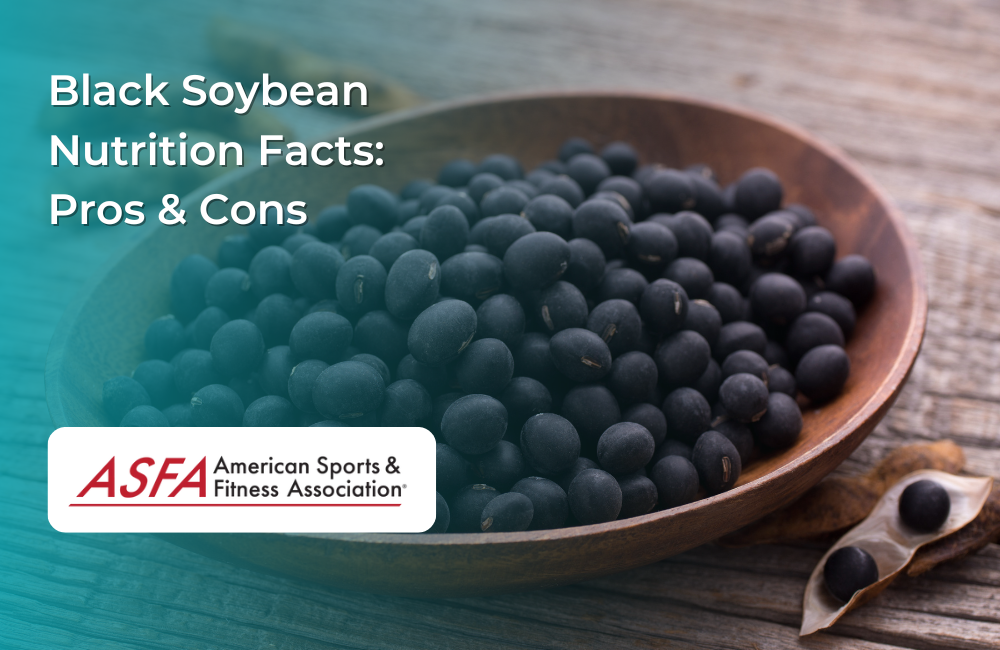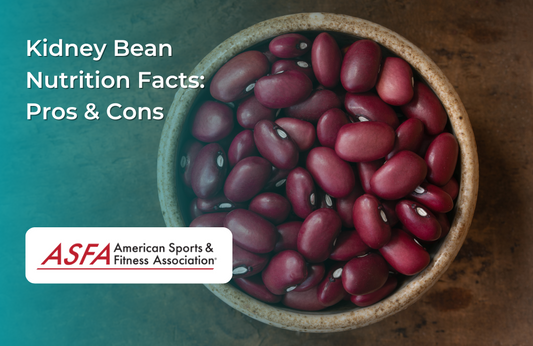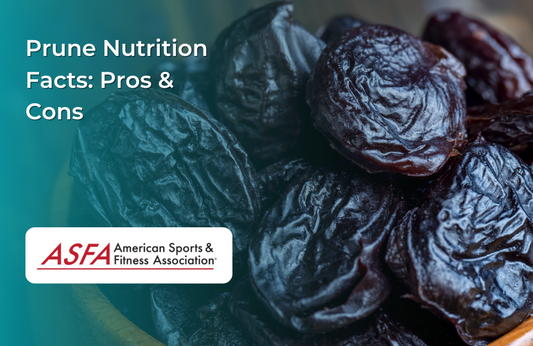Black soybeans are a nutrient-dense legume that provide high-quality plant-based protein, fiber, and essential vitamins and minerals. They are a great alternative to regular soybeans and are often praised for their lower carbohydrate content, antioxidant properties, and heart-health benefits. While black soybeans offer numerous health advantages, they also have some considerations regarding digestion and processing. Understanding the pros and cons of black soybeans helps in making informed dietary choices.
Black Soybean Nutrition Facts: Pros and Cons of Eating Black Soybeans
Black soybeans are an excellent source of plant-based protein, containing all nine essential amino acids, making them a great option for vegetarians and vegans. They are high in dietary fiber, which supports digestion, enhances bowel movements, prevents constipation, and promotes gut health, blood sugar regulation, and satiety. Compared to regular soybeans, black soybeans are lower in carbohydrates, making them a good choice for low-carb and ketogenic diets.
Observational studies suggest that higher soy consumption, particularly during childhood and adolescence, may reduce the risk of breast cancer, especially among Asian women. However, more research is needed on soy's safety and effects for breast cancer survivors.
Black soybeans are rich in antioxidants, particularly anthocyanins, which help reduce inflammation, support heart health, and protect against oxidative stress. They also provide essential nutrients such as iron, calcium, magnesium, folate, and potassium, which contribute to bone strength, muscle function, and energy production. Their healthy fat content, including omega-3 fatty acids, supports heart health and brain function.
Nutrition Facts
Black soybeans are a nutrient-dense powerhouse, offering a variety of essential vitamins, minerals, and macronutrients that contribute to overall health. Here’s a snapshot of their impressive nutritional profile per 1/2 cup cooked:
-
Calories: 170
-
Protein: 11g
-
Fat: 0.5g
-
Carbohydrates: 30g
-
Fiber: 7g
-
Sugar: 1g
-
Sodium: 2mg
-
Potassium: 10% of the Daily Value (DV)
-
Vitamin K: 10% of the DV
-
Iron: 10% of the DV
-
Magnesium: 10% of the DV
-
Copper: 10% of the DV
-
Manganese: 10% of the DV
-
Riboflavin: 10% of the DV
This rich nutritional profile makes black soybeans an excellent addition to any diet, providing a substantial amount of protein and fiber while being low in fat and sugar. The high levels of potassium, iron, and magnesium support various bodily functions, including muscle function, energy production, and maintaining healthy blood pressure. Incorporating black soybeans into your meals can help you meet your nutritional needs while enjoying a delicious and versatile food.
Comparison to Pinto Beans
When comparing black soybeans to pinto beans, both legumes offer significant nutritional benefits, but there are some key differences worth noting:
-
Protein: Black soybeans pack a bit more protein than pinto beans, with 11g per 1/2 cup cooked compared to 9g in pinto beans. This makes black soybeans a superior choice for those looking to boost their plant-based protein intake.
-
Fiber: Black soybeans also edge out pinto beans in fiber content, providing 7g per 1/2 cup cooked versus 6g in pinto beans. This extra fiber can aid in digestion and help maintain a healthy gut.
-
Sugar: If you’re watching your sugar intake, black soybeans are the better option, containing only 1g of sugar per 1/2 cup cooked, compared to 2g in pinto beans.
-
Sodium: Black soybeans have a lower sodium content, with just 2mg per 1/2 cup cooked, while pinto beans contain 5mg. Lower sodium levels are beneficial for maintaining healthy blood pressure.
-
Potassium: Black soybeans provide slightly more potassium, with 10% of the DV per 1/2 cup cooked, compared to 8% in pinto beans. Potassium is crucial for heart health and muscle function.
Overall, while both black soybeans and pinto beans are nutritious and can be part of a healthy diet, black soybeans offer a slight edge in protein, fiber, and lower sugar content. This makes them an excellent choice for those looking to enhance their intake of plant-based protein and fiber while keeping their sugar and sodium levels in check.
Cons of Eating Black Soybeans
Like other soy products, black soybeans contain phytoestrogens (isoflavones), which may affect hormone-sensitive individuals. While moderate intake is generally safe, those with thyroid issues or hormone-related conditions should consult a healthcare provider before consuming large amounts. Black soybeans contain some saturated fat, but they are predominantly composed of healthy unsaturated fats.
Black soybeans also contain antinutrients such as phytic acid, which may reduce the absorption of minerals like iron and calcium. Soaking, sprouting, or fermenting black soybeans can help reduce these compounds and improve nutrient availability.
Some people may experience digestive discomfort, bloating, or gas when consuming black soybeans due to their fiber and oligosaccharide content. Eating them in moderation and ensuring proper preparation can help minimize these effects.
Highly processed black soybean products, such as textured vegetable protein (TVP) or soy-based meat substitutes, may contain additives, preservatives, or high sodium levels. Soy flour, another highly processed soy product, may also contain additives and preservatives. Choosing whole or minimally processed black soybeans is the best way to maximize their nutritional benefits.
Conclusion and Health Benefits
Black soybeans are a nutrient-rich, high-protein legume that offers fiber, antioxidants, and essential minerals, making them an excellent choice for heart health, digestion, and low-carb diets. They also provide significant health benefits, including alleviating menopausal symptoms, reducing the risk of osteoporosis, and aiding in cancer prevention. However, their phytoestrogen content, potential digestive effects, and antinutrients should be considered. Soy foods, particularly in Asian diets, play a crucial role in alleviating menopause symptoms, with isoflavones being especially effective for equol producers. Choosing organic, properly prepared, and minimally processed black soybeans ensures maximum benefits while minimizing potential drawbacks.
FAQs
Are black soybeans healthier than regular soybeans?
Black soybeans contain fewer carbohydrates and more antioxidants than regular soybeans, making them a better choice for low-carb and heart-healthy diets. Similarly, black beans are rich in nutrients and offer significant health benefits, such as aiding in weight loss and providing versatile cooking options, making them a great alternative to black soybeans.
Can black soybeans help with weight loss?
Yes, black soybeans are high in protein and fiber, which promote satiety and help control appetite. Canned black soybeans are a convenient and nutritious choice for weight loss, offering high fiber content and essential minerals while saving time in meal preparation.
Are black soybeans good for blood sugar control in diabetics?
Yes, black soybeans have a lower glycemic index and are lower in carbs, making them a better choice for blood sugar management than regular soybeans. Additionally, black soybean tea, prepared from roasted black soybeans, is known for its benefits in managing blood sugar levels.
How can I reduce the antinutrients in black soybeans?
Soaking, sprouting, or fermenting black soybeans reduces antinutrients and improves nutrient absorption. Cooking black soybeans as a versatile and low-carb alternative to traditional beans like black beans can further enhance their texture and nutritional benefits.
Soy protein is a significant source of plant-based protein, offering numerous health benefits and playing a crucial role in various diets, particularly in Asian cuisine and multiple soy-based products.
What is the best way for cooking black soybeans?
Black soybeans can be boiled, pressure-cooked, or added to soups, salads, and stir-fries for a nutrient-rich meal. When using canned beans, ensure they are stored in a cool, dry, dark place and check the expiration dates on the packaging. Cooked beans should be kept in a tightly closed container in the refrigerator and consumed within a few days.
Soy milk and soy sauce are also popular ingredients when cooking black soybeans, adding both nutritional benefits and rich flavors to the dish.





